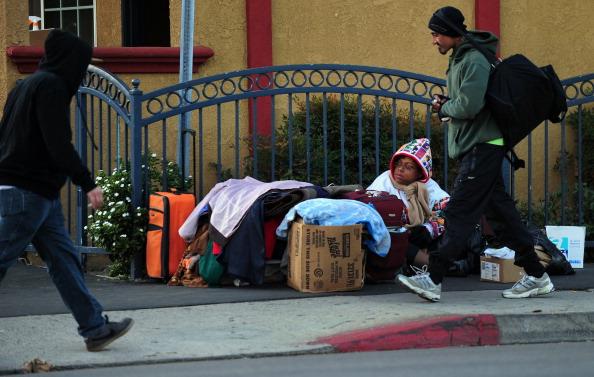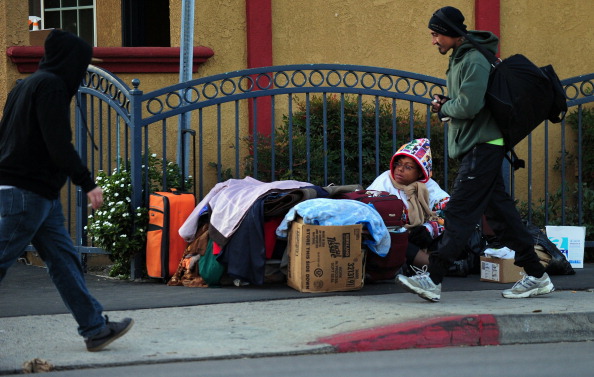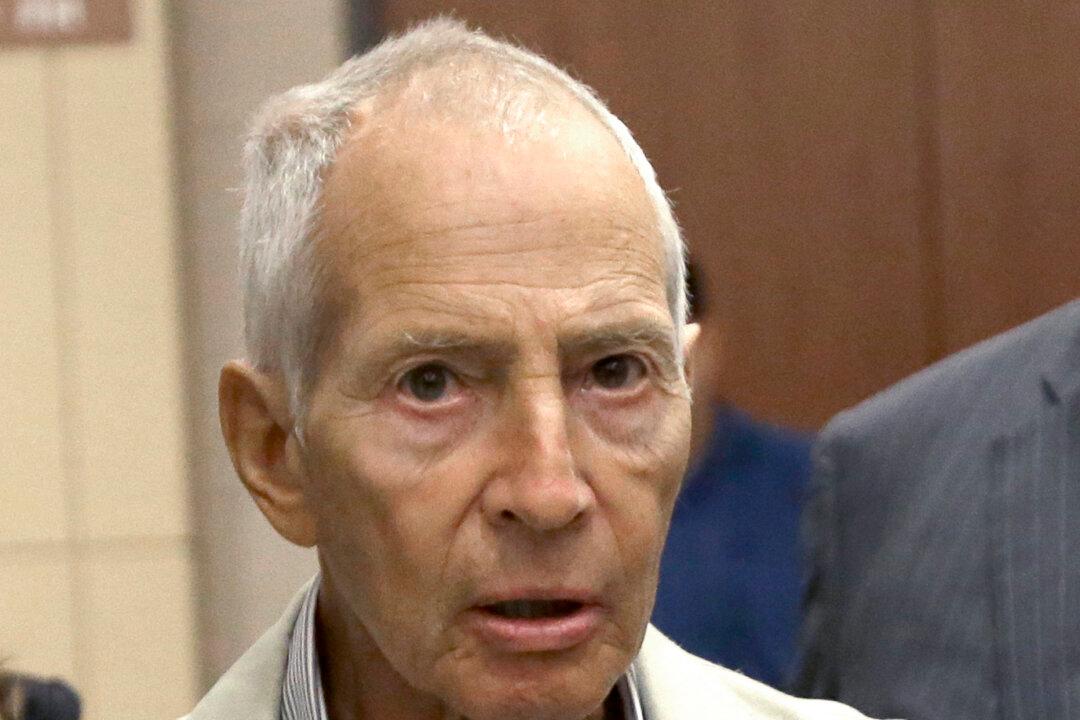The international aid agency Oxfam International said that the world’s 100 richest people could essentially end poverty with their earnings in 2012, according to a recent report.
The world’s richest earned $240 billion last year—a figure that Oxfam, an international coalition of 17 organizations working in 90 countries focusing on inequality and the poor, said could end poverty around four times over.
“It is now widely accepted that rapidly growing extreme wealth and inequality are harmful to human progress, and that something needs to be done,” said Oxfam, while citing a report from the World Economic Forum that rated income inequality as one of the global risks of 2013.
It added in a press release, “The richest one percent has increased its income by 60 percent in the last 20 years with the financial crisis accelerating rather than slowing the process.”
In 14 of the 19 leading wealthy and developing nations of the Group of 20, inequality has increased since 1990, the aid group said, saying that economic growth has rarely provided benefit to poor people. The G-20 finance ministers met last week in Mexico City.
Oxfam warned that “extreme wealth and income is not only unethical, it is also economically inefficient, politically corrosive, socially divisive, and environmentally destructive.”
Economic growth has often come first in the minds of many government officials and policymakers, while the interests of poor people have come second, the report states.
Inequality in China, Russia, South Africa, and Japan has increased the most among the G-20 nations since 1990, said Oxfam. South Korea is the only wealthy nation among the G-20 members to have reduced inequality in the past two decades. Brazil, Mexico, and Argentina, of the developing G-20 nations, have also made notable progress.
“We can no longer pretend that the creation of wealth for a few will inevitably benefit the many—too often the reverse is true,” Jeremy Hobbs, the head of Oxfam, said in a statement. “Concentration of resources in the hands of the top one percent depresses economic activity and makes life harder for everyone else—particularly those at the bottom of the economic ladder.”
“In a world where even basic resources such as land and water are increasingly scarce, we cannot afford to concentrate assets in the hands of a few and leave the many to struggle over what’s left,” he continued.
Speaking on the environmental impact, Hobbs said the richest 1 percent of people is estimated to use as much as 10,000 times more carbon than the average resident of the United States.
“From tax havens to weak employment laws, the richest benefit from a global economic system which is rigged in their favor,” Hobbs said. “It is time our leaders reformed the system so that it works in the interests of the whole of humanity rather than a global elite.”
Oxfam estimated that tax havens hold as much as $32 trillion—or a third of all worldwide wealth. Closing them could net $189 billion in additional tax revenues.
World’s Richest Could Easily End Poverty, Says Oxfam
The international aid agency Oxfam International said that the world’s 100 richest people on earth could essentially end poverty with their earnings in 2012, according to a recent report.

A homeless woman sits with her belongings on a sidewalk in Los Angeles on Dec. 6, 2011. Frederic J. Brown/AFP/Getty Images
|Updated:





